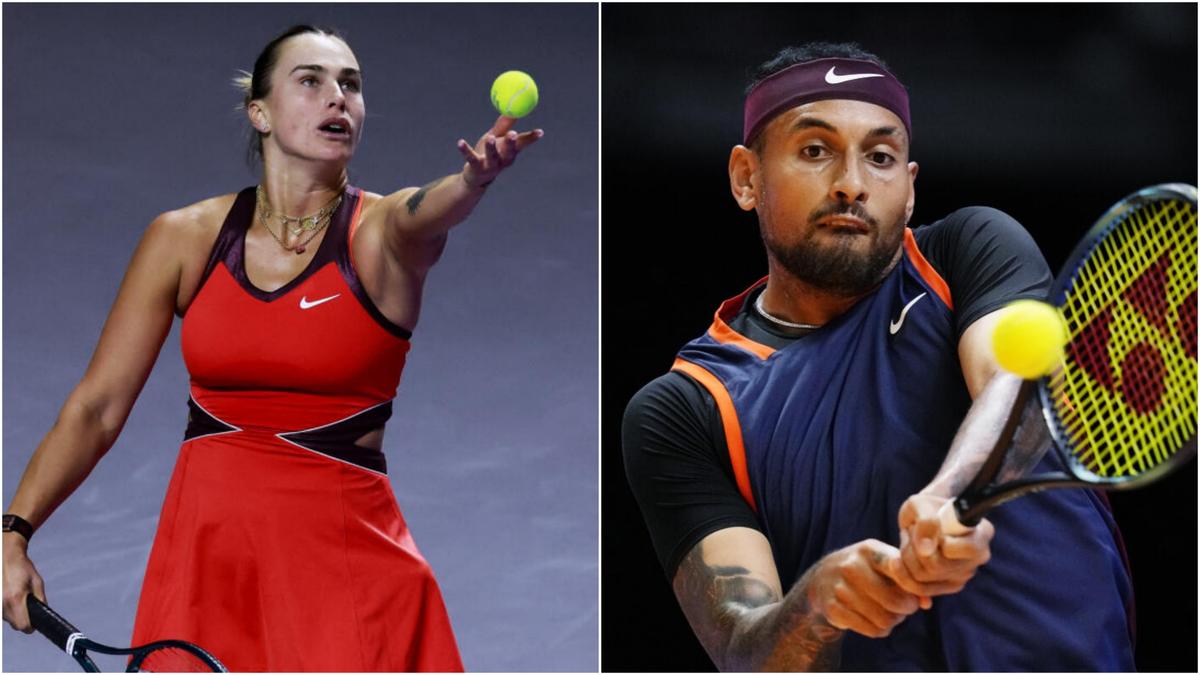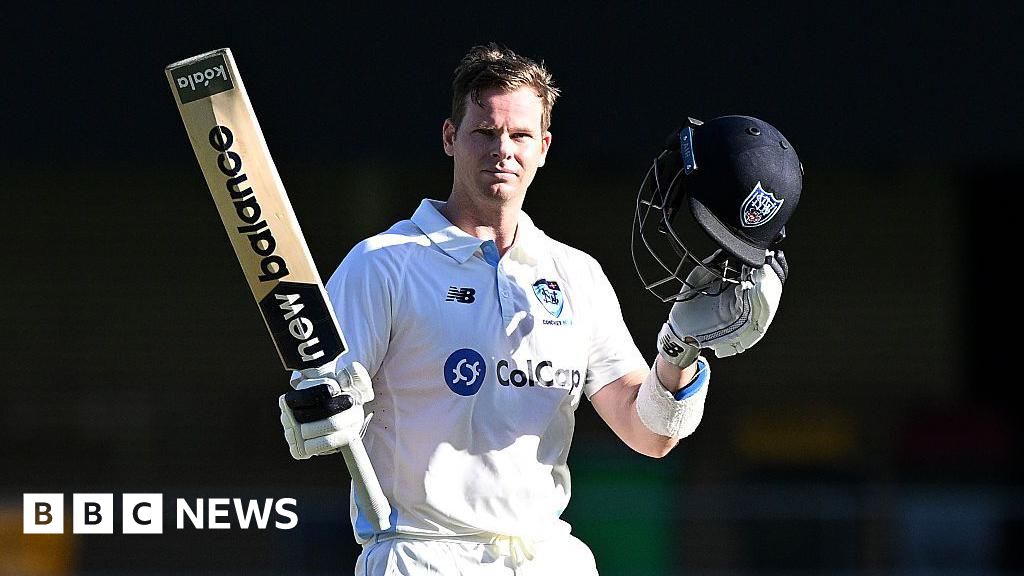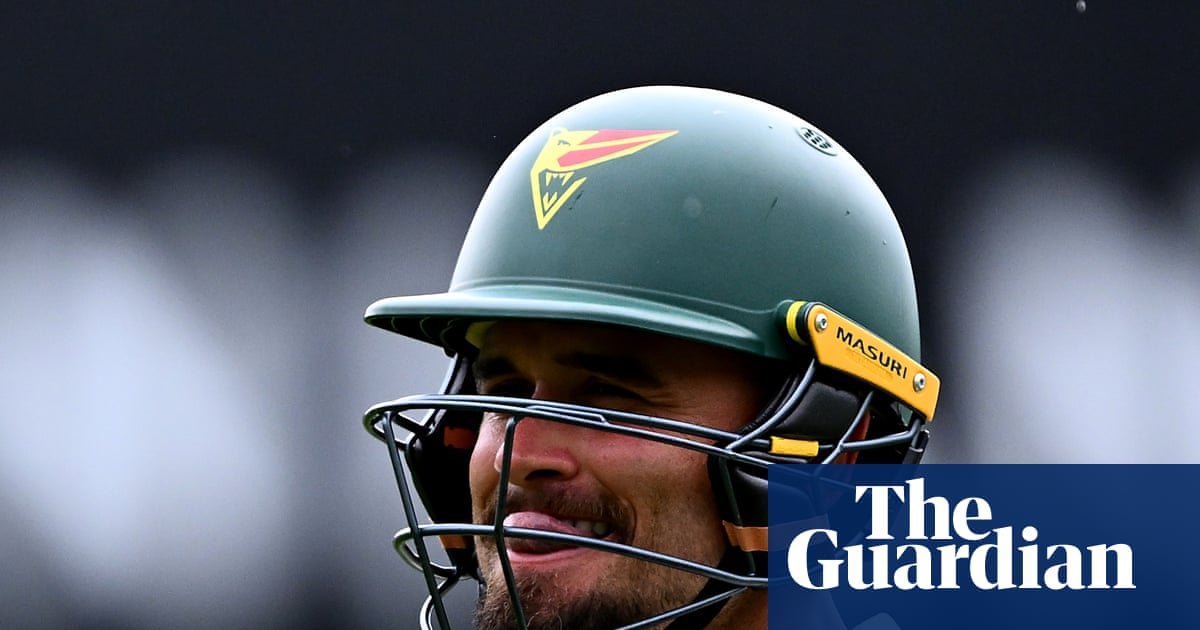Australia bracing for surge in 000 calls today

Today, as the nation turns its gaze to the Melbourne Cup, the excitement, fascinators, and festivities mask a disturbing reality.While hundreds of thousands celebrate the “race that stops a nation,” the safety of Australian women and children hangs in the balance.First responders will be preparing for an influx of calls, and helpline workers will be waiting for the phones to ring off the hook.Come 3pm, our nation will become a far more dangerous place.This is because major sporting events like the Melbourne Cup often coincide with a documented rise in domestic violence across the country.In 2017, the national counselling service 1800 RESPECT reported a staggering 17 per cent increase in calls and online conversations on Cup Day.Meanwhile, the Australian Institute of Criminology found a higher number of reported domestic violence incidents on Melbourne Cup, and in 2018, former Victoria Police commissioner Graham Ashton said that police expect at least a 20 per cent rise in family violence incidents.During sporting events like the State of Origin, La Trobe University found a 40.7 per cent average increase in domestic violence and a 71.8 per cent rise in non-domestic assaults across NSW between 2012 and 2017.Why the correlation?“Major sporting events can be times of celebration and excitement, but they can also be linked to increased risk of violence against women,” Our Watch CEO Patty Kinnersly told news.com.au.During these occasions, Kinnersly explains that the combination of alcohol and heightened emotions creates a volatile mix.“Research shows that alcohol can diminish men’s empathy, care, concern, and respect for those around them, particularly women.“Heavy alcohol use by men can escalate and worsen their violent behaviour towards women, especially among men whose ideas of masculinity emphasise aggression, dominance, and disrespect for women.”Additionally, gambling can also contribute to increased violence.Sporting events like the Melbourne Cup can lead people to experience “big losses” and the disappointment when their horse loses, explained Professor Cathy Humphreys, a domestic violence researcher at The University of Melbourne.The culture around the specific sport also influences whether there’s a correlation with violence.“You don’t see this kind of spike in violence with the fans of golf or tennis,” Prof Humphreys noted.Much of the research has found the link mainly with contact sports, where strong emotions, male-dominated environments, and competition are common.“With the Melbourne Cup, it’s not a contact sport, but it’s deeply male-dominated in the jockeying world, even as women take on key roles in racing,” she adds.A Victoria Police spokesperson said these increases in violence are also often seen during peak holiday periods, including public holidays like the Melbourne Cup in Victoria.“When families get together to enjoy holidays, perpetrators may use these periods of extended contact to escalate their abusive behaviours,” the spokesperson said.It’s not an excuseWhile research shows that factors such as alcohol, gambling, stress, and the sport’s culture can raise the risk of violence against women and children, it’s important to understand that these elements alone are not the root cause.Not everyone who consumes alcohol becomes violent, and many who are violent do not drink.The real causes are deep-seated gender inequality and a perpetrator’s need for “power and control” over their partner or victim, says Karen Bevan, CEO of Full Stop Australia.She says none of these circumstances justify or excuse violent behaviour towards women.“These factors simply amplify already existing gender inequity in unequal and unhealthy relationships,” she clarifies.What’s the solution?To prevent violence during major sporting events like Melbourne Cup, we need to promote respect for women and encourage responsible alcohol service at venues.Additionally, “Everyone can think about what they can personally do to ensure violence against women is not tolerated,” Kinnersly says.“Whether it’s calling out disrespect when they see it, cheering on their horse without resorting to aggression, or looking out for their mates, we can all make Cup Day a safer celebration.”So today, let’s not turn away from the realities that play out behind closed doors.A day of celebration for many is one of fear for too many others.Until we confront the hard truths about the violence going on behind the scenes, the race will never truly unite and stop the nation.Anyone affected by sexual assault, family, or domestic violence is encouraged to contact 1800RESPECT at 1800 737 732 or visit 1800RESPECT.org.au.You can also access free, confidential, 24/7 trauma-specialist counselling by calling 1800 FULL STOP or 1800 385 578, or through webchat at fullstop.org.au.If you are in immediate danger, please call triple-0 for police and ambulance assistance.Men who are concerned about their behaviour should seek support from the Men’s Referral Service at 1300 766 491.




.jpg)






